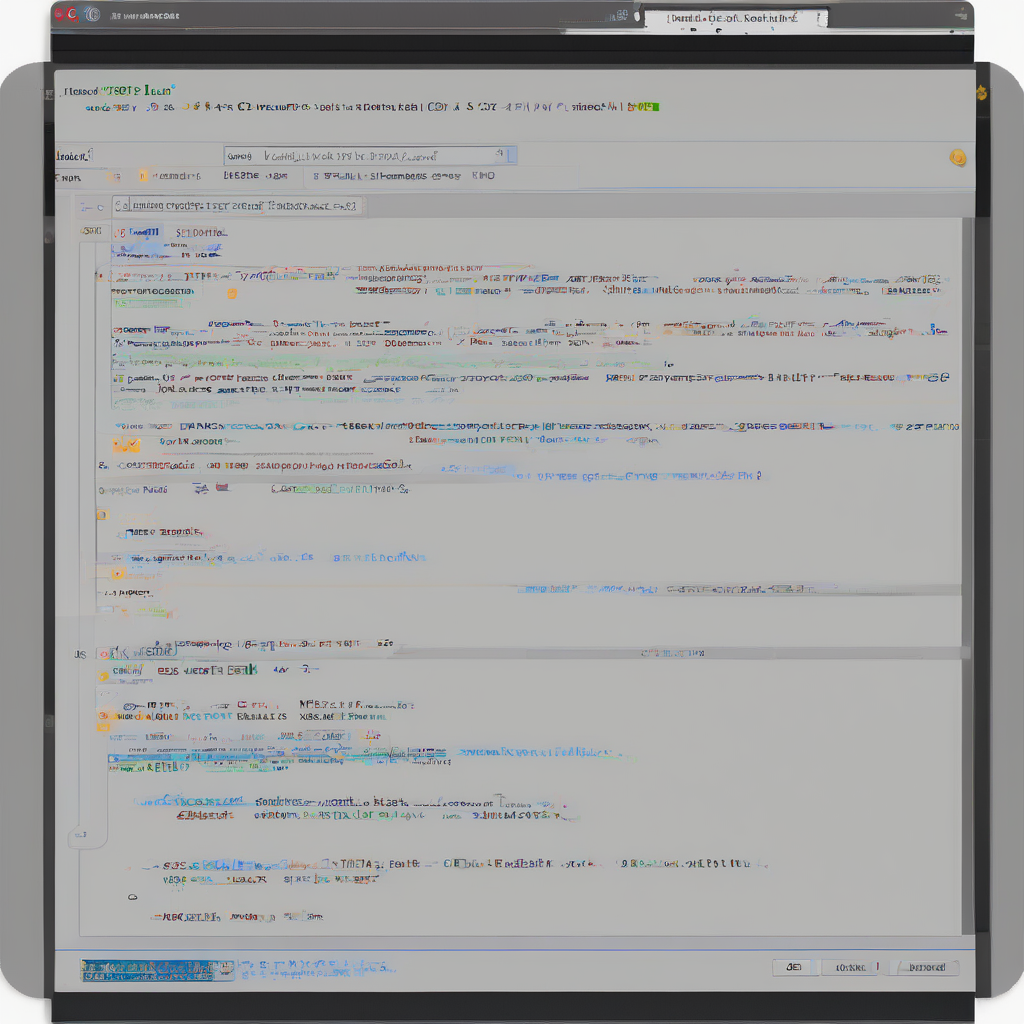Texas Car Insurance: A Comprehensive Guide
Texas is a state with a large and diverse population, making it essential for drivers to have adequate car insurance. This guide will provide you with all the information you need to understand Texas car insurance laws, requirements, and how to find the best coverage for your needs.
Texas Car Insurance Laws
Texas requires drivers to have at least the following minimum liability coverage:
- Bodily Injury Liability: $30,000 per person, $60,000 per accident
- Property Damage Liability: $25,000 per accident
These minimum limits are designed to protect others in case you are at fault in an accident. If you are involved in an accident that results in damages exceeding these limits, you will be personally liable for the difference.
Financial Responsibility Law
Texas has a Financial Responsibility Law that requires drivers to provide proof of financial responsibility if they are involved in an accident. This proof can be provided through:
- Car Insurance Policy: A valid insurance policy that meets the minimum liability requirements.
- Surety Bond: A bond issued by a surety company that guarantees payment for damages up to the required limits.
- Deposit of Cash or Securities: A deposit of cash or securities with the state to cover potential damages.
Uninsured/Underinsured Motorist Coverage (UM/UIM)
Texas does not require drivers to purchase UM/UIM coverage, but it is highly recommended. This coverage protects you in case you are involved in an accident with a driver who is uninsured or underinsured. It can cover your medical expenses, lost wages, and property damage.
Types of Car Insurance in Texas
In addition to the minimum liability coverage, drivers in Texas can choose to purchase additional coverage to protect themselves and their vehicles. Here are some of the most common types of car insurance:
- Collision Coverage: Pays for damages to your vehicle in case of an accident, regardless of who is at fault.
- Comprehensive Coverage: Covers damages to your vehicle from incidents other than collisions, such as theft, vandalism, or natural disasters.
- Medical Payments Coverage (Med Pay): Pays for medical expenses for you and your passengers, regardless of who is at fault.
- Personal Injury Protection (PIP): Similar to Med Pay, but it also covers lost wages and other expenses related to your injuries.
- Rental Car Reimbursement: Covers the cost of a rental car while your vehicle is being repaired after an accident.
- Roadside Assistance: Provides services such as towing, jump starts, and flat tire changes.
Factors Affecting Car Insurance Costs
The cost of car insurance in Texas can vary significantly depending on a number of factors, including:
- Age and Driving Experience: Younger and less experienced drivers are generally considered higher risk, so they pay higher premiums.
- Driving Record: Drivers with a history of accidents, speeding tickets, or other violations will have higher premiums.
- Vehicle Type: The make, model, and year of your vehicle can affect your insurance costs. High-performance vehicles and luxury cars are generally more expensive to insure.
- Location: Car insurance rates are higher in areas with higher rates of accidents or theft.
- Credit Score: In some states, including Texas, insurers can use your credit score to determine your insurance rates.
- Coverage Levels: The more coverage you choose, the higher your premiums will be.
- Discounts: There are many discounts available that can help lower your car insurance costs, such as good driver discounts, safe driver discounts, and multi-policy discounts.
Tips for Finding Affordable Car Insurance in Texas
Here are some tips for finding affordable car insurance in Texas:
- Shop Around: Get quotes from multiple insurance companies to compare rates and coverage options.
- Improve Your Driving Record: Avoid speeding tickets and other violations to maintain a clean driving record.
- Consider Increasing Your Deductible: A higher deductible means you pay more out of pocket in case of an accident, but it can lower your premiums.
- Ask About Discounts: Inquire about available discounts, such as good driver discounts, safe driver discounts, and multi-policy discounts.
- Consider Bundling Your Policies: Bundling your car insurance with other policies, such as homeowners insurance or renters insurance, can often save you money.
Conclusion
Understanding Texas car insurance laws, requirements, and available coverage options is essential for every driver. By shopping around, taking advantage of discounts, and maintaining a good driving record, you can find the best car insurance for your needs and budget. Remember, driving without adequate insurance can result in serious penalties, including fines, license suspension, and even jail time.





